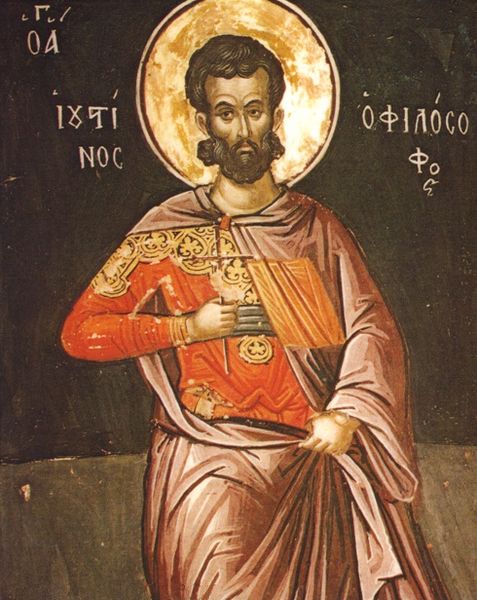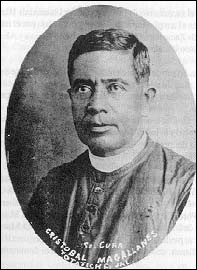 * * |
St. Paulinus of Nola was a political man, becoming Governor of Campania in Italy in the fourth century at a young age, serving the people. However, he lost favor with the political authorities and learned the limits of earthly ambition. He went to learn from St. Ambrose and then went to his native land of Bordeaux and was baptized. He found a new friend in his wife Therasia of Barcelona, with whom he had a son. But after their son died a week after birth they saw that God had another path for them. They gave up all their possessions and moved back to Nola in Campania, where they lived as brother and sister in a community. He had been ordained in Barcelona and took up priestly duties in Nola, eventually being chosen as bishop.
He writes about holy friendship: “It is not surprising if, despite being far apart, we are present to each other and, without being acquainted, know each other, because we are members of one body, we have one head, we are steeped in one grace, we live on one loaf, we walk on one road and we dwell in the same house” (Ep. VI, 2). Jesus said to his disciples: “No one has greater love than this, to lay down one’s life for one’s friends. You are my friends if you do what I command you” (Jn. 15:13-14). Paulinus invites us to remember what true friendship is, life in Jesus Christ!
*https://commons.wikimedia.org/wiki/File:Linz_Dom_Fenster_09_img03.jpg

 *
* *
* *
* *
* *
*